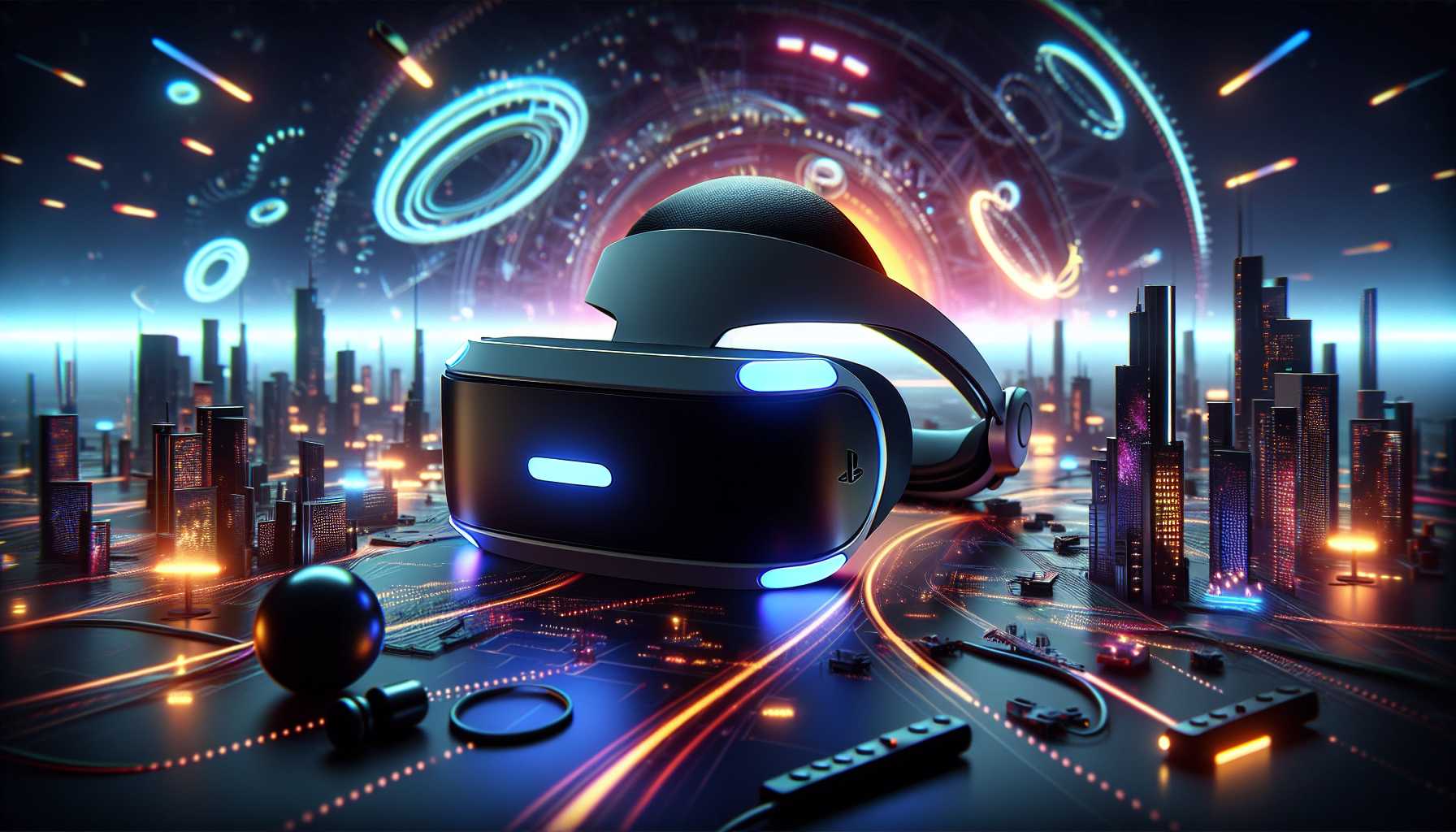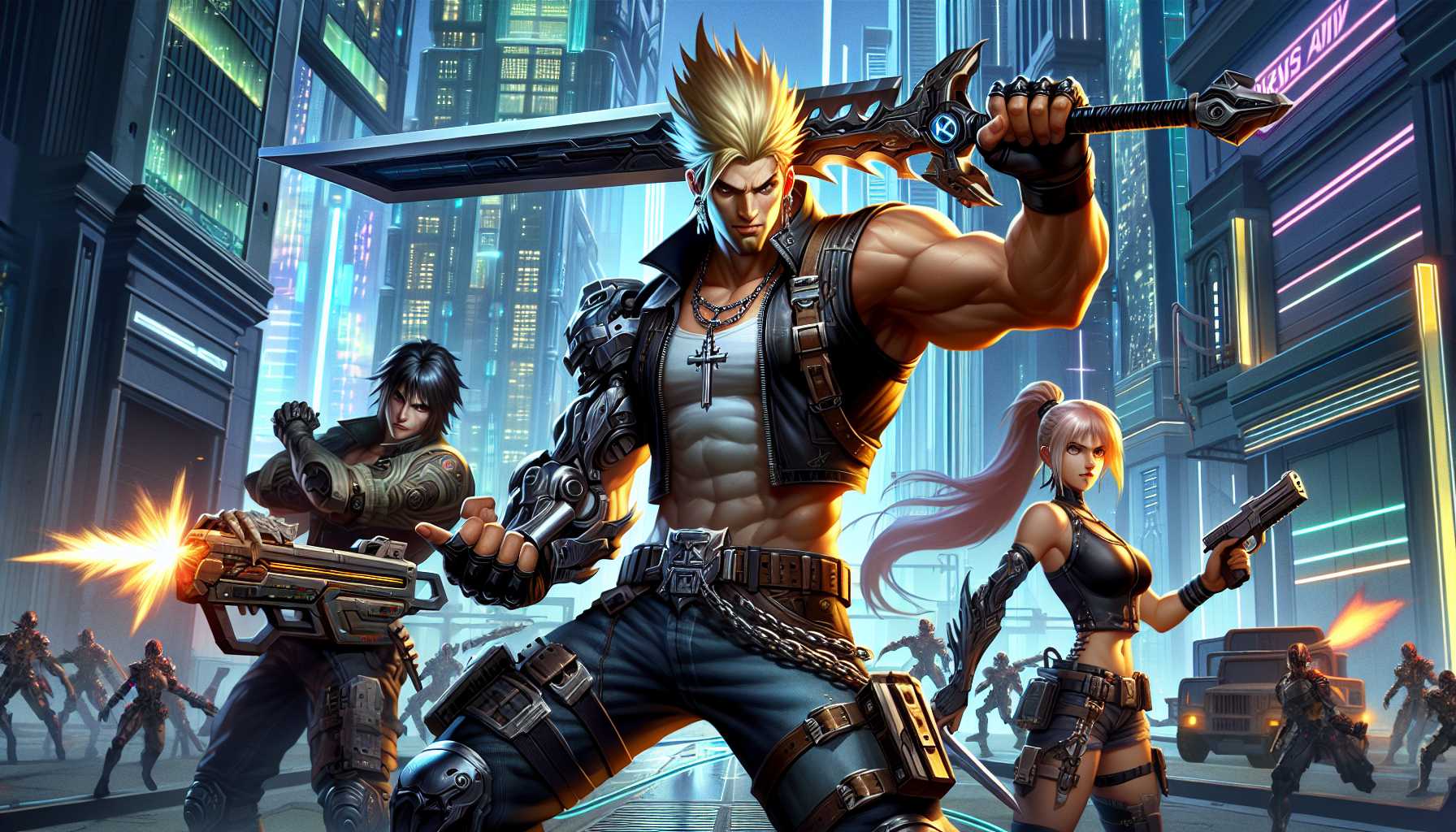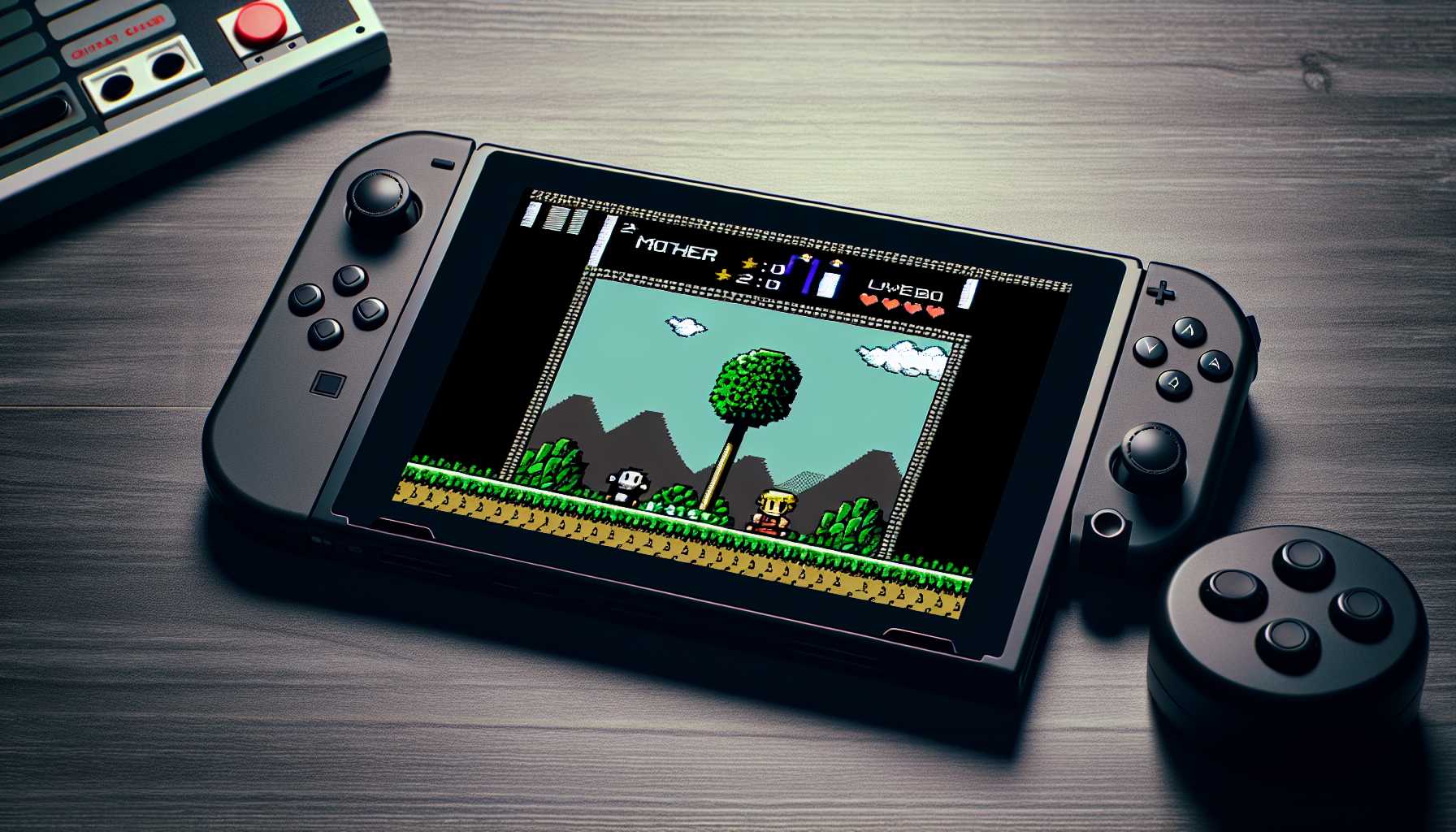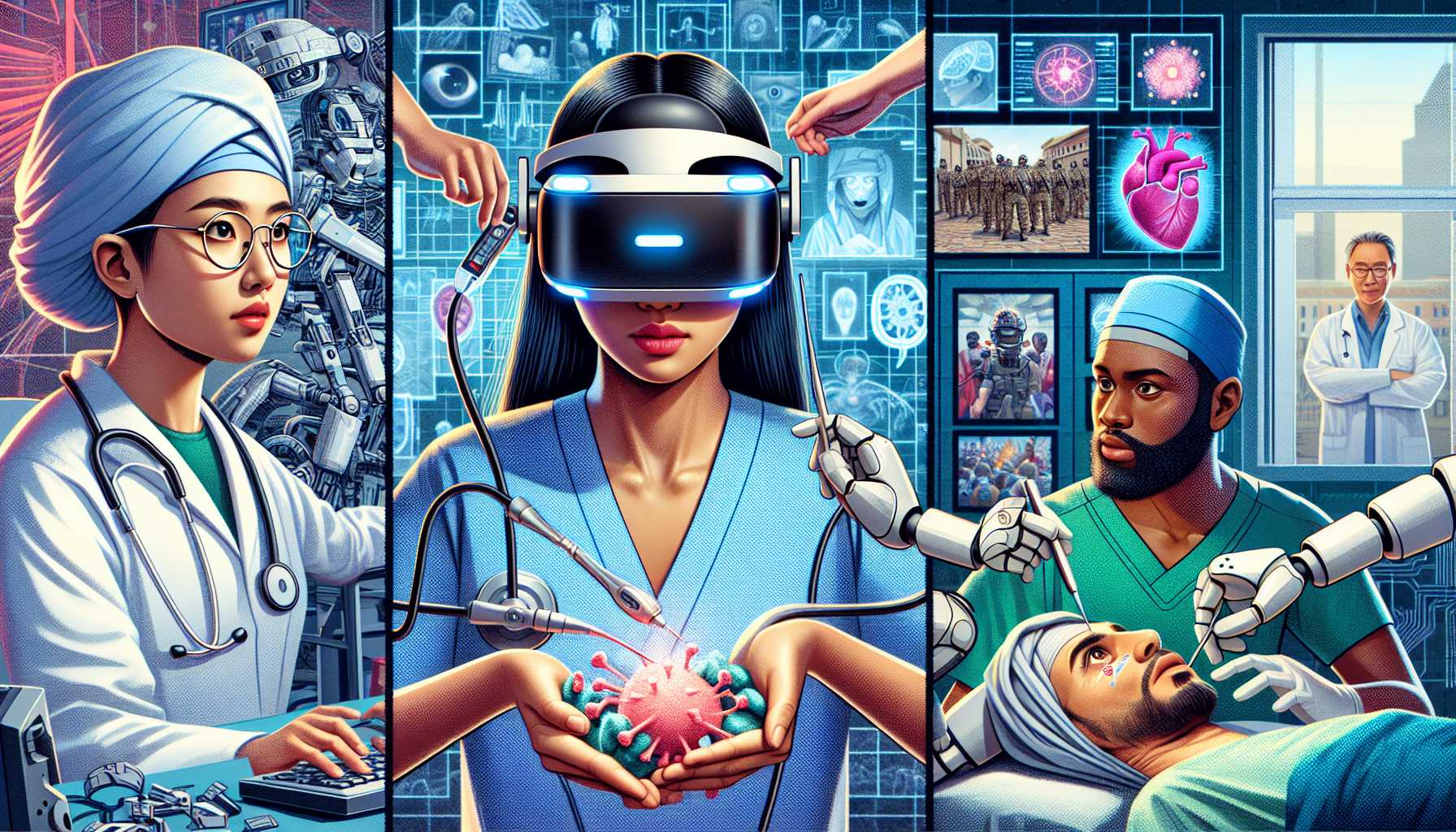The world of technology continues to evolve at an astonishing pace, with virtual reality (VR) and artificial intelligence (AI) at the forefront of this digital revolution. In this comprehensive exploration, we’ll dive deep into PlayStation’s VR endeavors, the hype surrounding Final Fantasy VII Remake Intergrade, the insights from Nvidia’s visionary leader, and the regional exclusivity of a cult classic hitting Nintendo Switch Online. So fasten your seatbelts, as we embark on a thrilling ride through the latest tech developments!
1. PlayStation VR: An Underdog Aiming for a Mixed Reality Breakthrough
Once overshadowed by more hyped competitors, PlayStation VR has steadfastly held its ground in the virtual battlegrounds. With years under its belt, the platform is setting sights on a broader horizon—PC compatibility. As technology enthusiasts and gamers alike keep tabs on Apple Vision Pro versus Meta Quest, Sony quietly stoked the interest of its loyal fanbase by announcing testing PC compatibility for the PS VR2, forecasted to drop in 2024.
The potential of cross-platform compatibility isn’t just a nice-to-have feature. It represents a paradigm shift that could surge a torrent of new experiences to the PlayStation ecosystem overnight. Should Sony manage to integrate seamlessly with the world of Windows gaming alongside its PS5 titles, it will tap into a treasure trove of content ripe for VR exploit. Yet, with the industry’s history of choppy waters and occasional ebb in enthusiasm for VR, Sony’s casual mention of the feature within a blog post outlining new games might raise eyebrows. The question remains: will they truly deliver on their promise of a more inclusive gaming utopia, or is this another half-hearted commitment to an industry in need of a lifeline? Regardless, broadening the scope of PlayStation’s VR content could be precisely the catalyst needed to reignite conversations around its role in mixed reality.
2. Anticipation Ascends for Final Fantasy VII Remake Intergrade
Amidst the growing VR storm, eyes also turn to the realm of gaming nostalgia with the imminent release of Final Fantasy VII Rebirth. Touted as a must-play, its predecessor, Final Fantasy VII Remake, has already established itself as an exquisite retelling that manages to feel both nostalgic and refreshingly new. This game is not merely a graphical facelift but a reimagining that brings players back to the pumped steampunk aesthetics of Midgar with enhanced next-gen graphics, a revamped combat system, and additional narrative elements that even devout fans wouldn’t have foreseen. It speaks volumes about the enduring allure of the Final Fantasy franchise, reaffirming the transcendent nature of storytelling and gameplay in an age where technology continues to reshape how we interact with fictional worlds.
3. Jensen Huang’s Nvidia: Crafting the Future with AI’s Artistry
Turning attention to a more cerebral aspect of tech evolution, Nvidia’s CEO Jensen Huang embodies the maverick spirit of innovation, particularly in the AI sphere. From the company’s genesis in transforming video game graphics with their GPUs, Nvidia has metamorphosed into an AI juggernaut, propelling itself into a future where dialogue with computers becomes as natural as breathing. Chatting with Huang, one comes to understand the drive that powers Nvidia’s relentless push forward. The man’s zeal for AI and its potential feels almost palpable, and the results speak for themselves. Nvidia now dominates the AI chip market, bolstering an array of sectors from healthcare to autonomous driving. Nvidia’s GPUs, once purposed primarily for delivering polygons on screens, now serve as the central nervous system for cutting-edge AI, like the enigmatic neural network architectures that fuel software including ChatGPT. Huang’s knack for foresight—or extraordinary luck—has firmly etched Nvidia’s name in the annals of tech history, shaping a future that’s increasingly reliant on artificial neural networks.
4. Mother 3: Console Classics and the Quest for Global Relevance
Concluding our tech odyssey, we visit an intriguing wrinkle in the fabric of gaming culture. Nintendo’s decision to launch the Game Boy Advance favorite, Mother 3, on Nintendo Switch Online exclusively in Japan stirs a complex cocktail of anticipation and exasperation. The beloved role-playing game, with its dedicated following, captures the bittersweet struggle concerning regional exclusives and translating cult classics for a modern, global audience. Fans’ clamor for an official English version has been met with recognition, although humorously, by Nintendo’s higher echelons, yet the wait lingers on. While an exceptional fan translation exists, it can’t match the validity and accessibility of an official release. This tale of localization woes underscores the nuanced relationship between game publishers and their international markets—a saga as intricate and emotionally charged as the narratives woven within the games themselves.
Epilogue
In the ever-shifting landscape of technology, where VR entwines with nostalgic gaming and AI’s ascendancy captures the imagination, these stories underscore the passion, anticipation, and sometimes frustration of tech enthusiasts and consumers. As virtual and augmented realities continue to break new ground, classics find new leases on life, and AI reshapes our daily existence, the journey through the tech world remains as unpredictable as it is exhilarating. As a tech investor and observer, witnessing the symbiotic evolution of human creativity and technical prowess never ceases to amaze. What lies ahead might be veiled in uncertainty, but the promise of an enigmatic and enchanting future is palpable. And for tech aficionados everywhere, there’s nothing more thrilling than the ride to come





